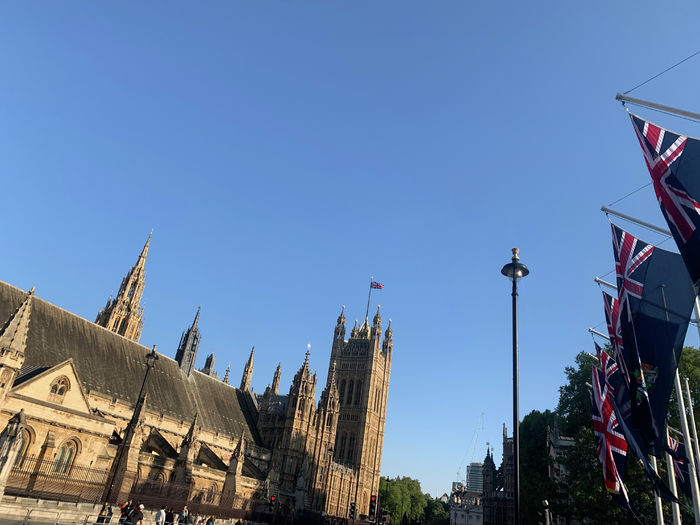Why UCLS are not just another protest group
Alex Rutter argues that the new society is unlike other left-wing splinter groups

If you’re like me and like watching drama from the sidelines, the recent split of the University of Cambridge Left Society from CULC has made for the best entertainment of the year. If any ADC writers are reading this, I’d definitely watch a live dramatisation of it all.
It’s very easy to write this off as a rebellion that will cause a lot of debate but lose its spark after a while when the novelty of a new society wears off and the realisation that the now very divided left looks quite in danger of the less fragmented right.
This is far from the first time that CULC has split up or re-organised, but it seems to always come back to being the dominant voice of the left in Cambridge. Sure, right now is a ripe time for dissent; the Labour party is the governing party, and so every action they take will anger far more people than it will please. However, the second they step back into the opposition, won’t any factions or split societies seem simply not worth it?
“This break, to me, seems different”
I don’t think so. This break, to me, seems different. Before, factions have been characterised by opposition between the centre-left and the far-left. However, while I’m not so blind as to not recognise that UCLS will generally attract those further left than CULC, the society is grounding this split on a different axis. UCLS purports to be a place for all camps on the left wing, but by differentiating itself from the Labour Club it’s targeting a specific disillusionment with Westminster politics.
UCLS selling itself as a society for those on the left who don’t trust Labour as a political party allows it a far more potent position than just being more radical. If it had marketed itself as the ‘Socialist Society’ it would have to not only contend with the pre-existing Marxist society, but also would seem a lot more of an ideological commitment for people so early in their lives. Framing yourself as ‘progressives disillusioned with Labour’ is very mainstream: framing yourself as a fully committed socialist far less so. And when the metric of a society’s success is membership numbers, marketing is everything.
If I were a left-leaning fresher this year, unaware of what had come before and all the Camfess discourse, my decision on which society to join would significantly be based on my level of interest in Westminster politics, not just the extent of my ideological leaning. So, even if Labour moved back into opposition, even if they moved significantly more left wing than they are now, UCLS can still claim relevance simply by being a forum for discussion for those passionate about left-wing ideology but hold a disillusionment for traditional politics. And I’d wager that’s a much bigger camp than if the division was simply based on being ‘more left than CULC’.
“They can be a society for left wingers without tying themselves down to a political party”
That’s also why, in my estimation, UCLS have avoided directly attaching themselves to Your Party like other new university left wing societies have. They can be a society for left wingers without tying themselves down to a political party which runs the risk of undermining them by association. Even if such an association is just symbolic, symbolism is a far bigger part of university societies than we may want to admit.
Of course, my reading of the tea leaves may end up being completely wrong. But if managed correctly, and that’s a big if, I strongly believe that we may see a new Cambridge society that is here to stay no matter what path the Labour Party itself goes down.
 News / Colleges charge different rents for the same Castle Street accommodation2 March 2026
News / Colleges charge different rents for the same Castle Street accommodation2 March 2026 News / News in Brief: waterworks, wine woes, and workplace wins 1 March 2026
News / News in Brief: waterworks, wine woes, and workplace wins 1 March 2026 News / Climate activists protest for ‘ethical careers policy’1 March 2026
News / Climate activists protest for ‘ethical careers policy’1 March 2026 News / Angela Merkel among Cambridge honorary degree nominees27 February 2026
News / Angela Merkel among Cambridge honorary degree nominees27 February 2026 News / Private school teacher who lied about Cambridge degree barred from teaching27 February 2026
News / Private school teacher who lied about Cambridge degree barred from teaching27 February 2026









